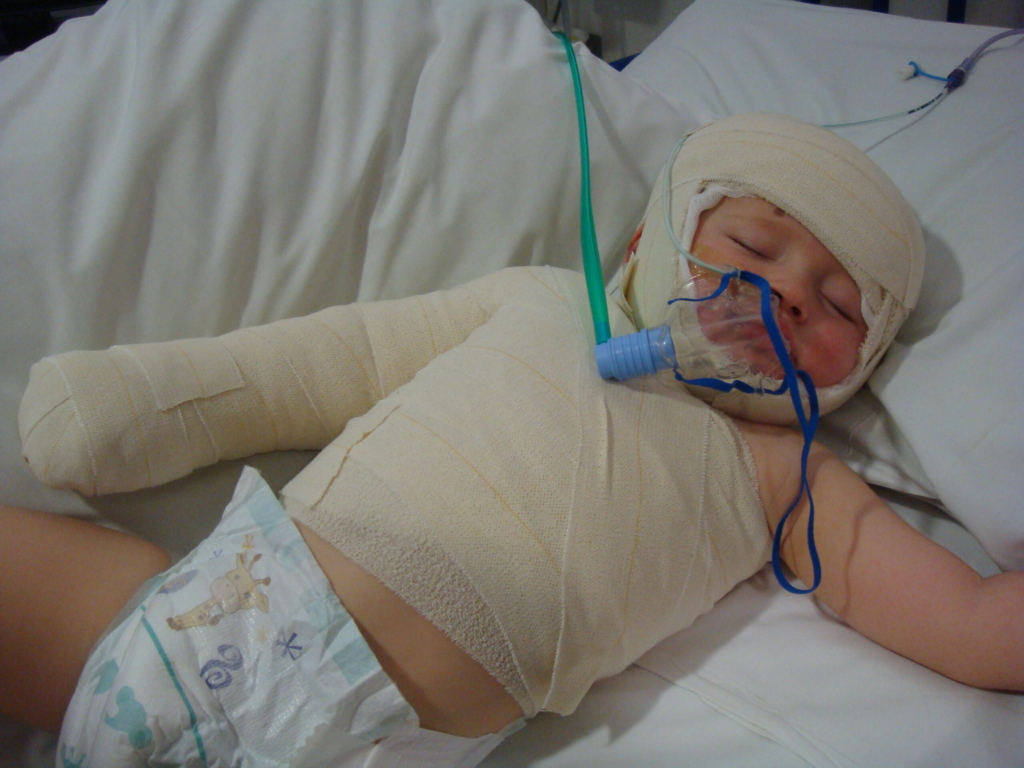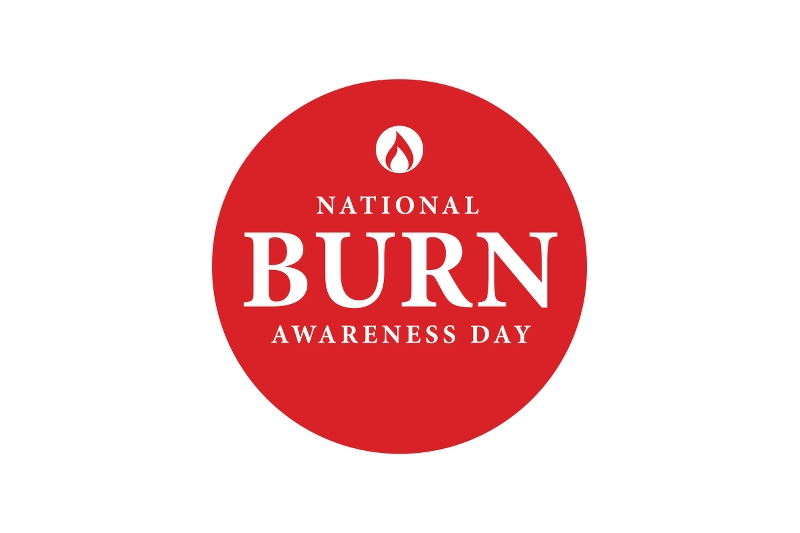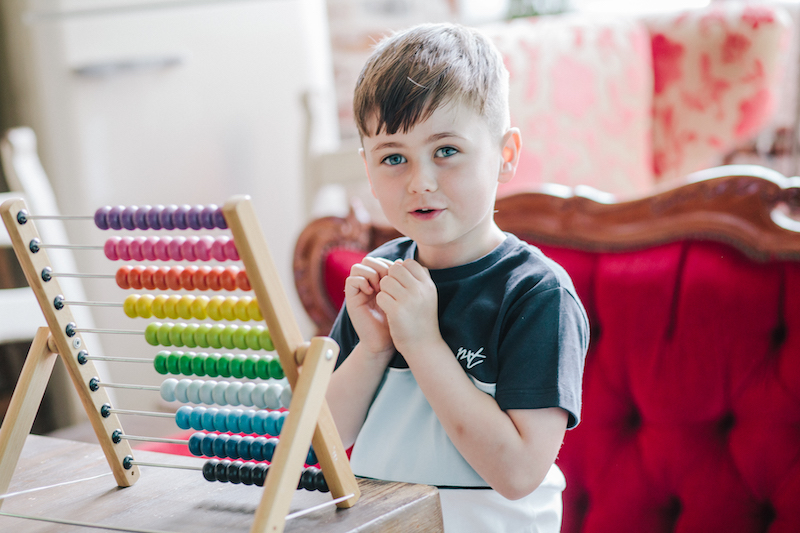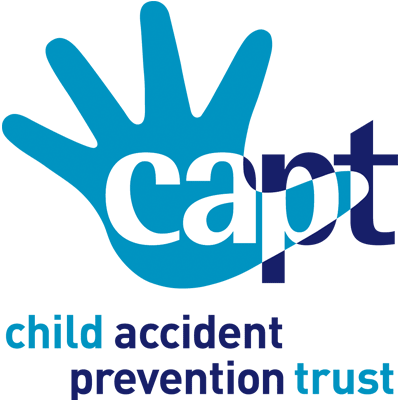Child Safety Week 2017 – Sharing is Caring
Top tips for keeping children safe from accidents
A friend shudders recounting the horrible shock of their child coming close to a serious accident; a health visitor shares stories about accidents they’ve seen; the local paper’s front page features parents whose child died in an accident, sharing their story so others don’t suffer. The strongest voices are the ones we relate to and respect. We all have a part to play in keeping children safe.
This Child Safety Week (5th-11th June), the Child Accident Prevention Trust are asking people to share their experience, not just about the horrors of accidents, but the really practical, simple things they do to prevent them. Here are our top tips:
- Almost 1 in 6 children suffer an accident or near miss, like stepping out onto the road without looking, whilst on their own mobile phones. Set a good example to your children by never using your phone while crossing the road.
- A hot drink can burn a young child even 15 minutes after it has been made. So put your much-needed mug of tea or coffee down somewhere your baby or toddler can’t grab at it.
- Detergent liquitabs are really convenient for laundry on the run but pose a risk to young children. If yours are under the sink, move them away from little hands and mouths and lock cupboards if possible. And look for products with a bittering agent – this makes them taste disgusting so children spit them out.
- Remember some 3-4 year olds can open child safety caps in seconds (‘child-resistant’ doesn’t mean ‘child-proof’). So keep medicines away from small hands too. Don’t forget the painkillers in your bag – painkillers are the most common cause of poisoning for small children!
- Toddlers can choke on food that’s too big, even just the size of a grape. Always cut their food up into small, narrow pieces, especially round food like grapes and cherry tomatoes.
- Trampolines are a great way for children to work off surplus energy. But remember, it’s safest if there’s just one child on the trampoline. And use safety netting or a safety cage so children can’t be thrown to the ground.
- Small children explore by putting things in their mouths. If swallowed, a button battery can burn a hole through their throat and kill within hours. So keep objects with accessible button batteries well out of young children’s reach and take care when replacing batteries.
- In five seconds a toddler’s skin can be burned so badly by hot tap water that they need to go to hospital. So, at bath time, put the cold water in first and top up with hot, then test the water with your elbow, to reduce the risk of your child being burned.
- Drowning is silent and babies can drown in as little as 5cm of water. So stay with your baby or small child when they’re in the bath. And remember, while bath seats can be a great help, they’re not safety aids – so don’t leave your baby alone in one, even for a moment.
- Get a smoke alarm fitted on every level of your home and test it regularly. Thick, black smoke from a fire can fill your home in minutes and kill your sleeping child in seconds.
For more safety tips, visit the Child Accident Prevention Trust Facebook page www.facebook.com/ChildAccidentPreventionTrust and share our top tips with family and friends.
Related content

Donate to us

Campaigns

